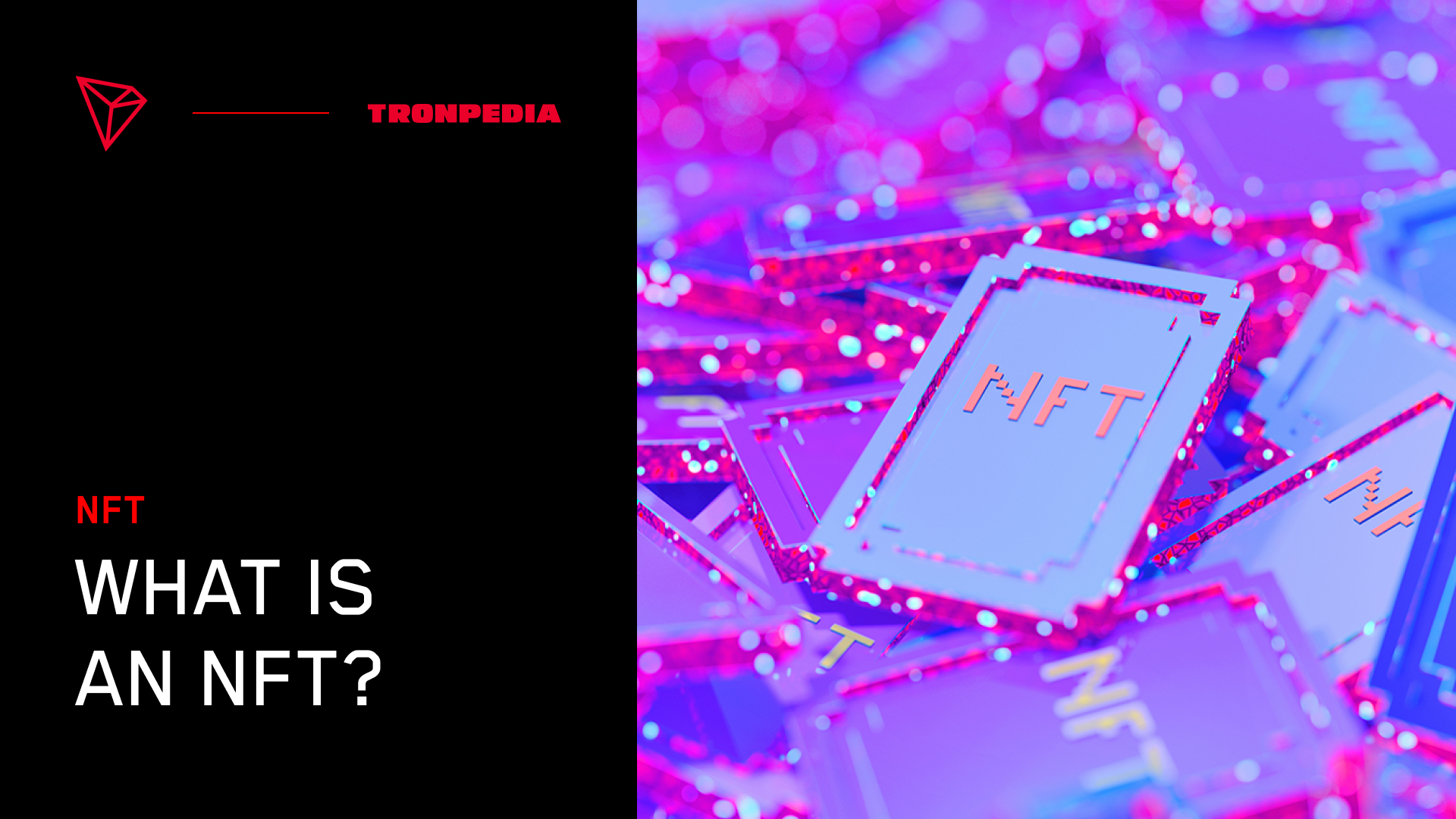It is no secret that the traditional finance industry is in decline. For decades, the industry has been plagued by corruption, greed, and a general lack of innovation. As a result, public trust in the industry has eroded, and many people are now turning to financial technology (fintech) and cryptocurrency as alternatives.
There are several upsides to fintech and cryptocurrency that make them appealing to those who are disillusioned with the traditional finance industry. First of all, fintech and cryptocurrency are both built on transparency and accountability. This means that there is less room for corruption and malfeasance. Secondly, fintech and cryptocurrency are both highly innovative industries. This means that they are more likely to offer new products and services that meet the needs of consumers. Finally, fintech and cryptocurrency are both decentralized industries. This means that they are not subject to the same level of government regulation as the traditional finance industry.
In short, fintech and cryptocurrency offer a much-needed breath of fresh air to the dying finance industry. With their transparency, innovation, and decentralization, they offer a viable alternative for those who are looking for a way out of the cycle of corruption and greed that has defined the traditional finance industry for too long.
Let's Recap!
What is cryptocurrency?
Cryptocurrency is a digital or virtual asset designed to work as a medium of exchange. It uses cryptography to secure and verify transactions as well as to control the creation of new units of a particular cryptocurrency. Cryptocurrencies are decentralized, meaning they are not subject to government or financial institution control. Bitcoin, the first and most well-known cryptocurrency, was created in 2009. Since then, numerous other cryptocurrencies have been created. These are frequently called altcoins, short for "alternative coins." Cryptocurrencies are often traded on decentralized exchanges and can also be used to purchase goods and services. Cryptocurrencies are also sometimes accepted as donations. Some businesses have even begun to accept cryptocurrencies as payment for goods and services. Cryptocurrency is still a relatively new phenomenon, but it has the potential to revolutionize the way we interact with the digital world.
What is financial technology?
Financial technology, also known as fintech, is a rapidly growing industry that is using technology to provide financial services. This includes everything from mobile payments and money transfers to online lending and digital currencies. Fintech companies are typically startups that are using new technologies to disrupt the traditional financial system. Many of them are focused on providing financial services to underserved populations, such as small businesses and individuals in developing countries. The global fintech industry is expected to grow at a CAGR (compound annual growth rate) of 20%, over the next four years. This rapid growth is being driven by the increasing adoption of mobile devices and the rise of digital currencies. In the coming years, fintech will continue to transform the way we access and use financial services.

The Cryptocurrency & Financial Technology Intersection
Digital Identification & Fraud Protection
The traditional banking system relies heavily on physical documents and in-person interactions for identity verification and fraud protection. This system is slow, cumbersome, and expensive. It is also vulnerable to fraud and identity theft. Cryptocurrency and financial technology offer a more efficient and secure way to verify identities and protect against fraud.
Digital identification systems use cryptographic technologies to securely store and exchange data. This data can include everything from biometric data (such as fingerprints or iris scans) to personal information (such as names or addresses). Digital identification systems are typically much more secure than traditional paper-based systems. They are also often more convenient, since they can be accessed online or through mobile devices.
Fraud protection is another area where cryptocurrency and financial technology can offer significant advantages. Cryptocurrency transactions are recorded on a public ledger, which makes them transparent and immutable. This transparency makes it difficult for criminals to hide or tamper with transaction data. In addition, the use of cryptographic technologies makes it possible to verify the authenticity of transactions. This helps to prevent fraud and identity theft.
Borrowing & Lending
It is no secret that the traditional banking system is not well-suited for small businesses and individuals who need access to credit. This is because the process of applying for a loan is often slow and complicated. In addition, banks typically require collateral before they will lend money. This can make it difficult or impossible for people with limited assets to obtain loans.
Cryptocurrency and financial technology can help to solve these problems by providing an alternative to traditional bank lending. Peer-to-peer (P2P) lending platforms use digital technologies to connect borrowers with lenders. These platforms are typically much faster and more convenient than banks. In addition, P2P lenders typically have lower requirements for collateral. This makes it easier for people with limited assets to obtain loans.
P2P lending platforms are also able to offer lower interest rates than traditional banks. This is because they have lower overhead costs and can pass these savings on to borrowers. In addition, P2P lenders typically use risk-based pricing. This means that they charge higher interest rates to borrowers who are more likely to default on their loans. As a result, P2P lending platforms can offer better terms to both borrowers and lenders.
Global Currency
In a world that is increasingly digitized, it makes sense that our currency should also be digital.
Cryptocurrencies offer a number of advantages over traditional fiat currencies (such as the US dollar or the Euro). First, they are global currencies. This means that they can be used to purchase goods and services anywhere in the world. Second, they are borderless. This means that there is no need to exchange currency when traveling from one country to another. Third, they are deflationary. This means that their supply is limited, which can help to protect against inflation.
Fourth, cryptocurrencies are open-source. This means that anyone can develop or improve upon them. Fifth, they are secure. Cryptocurrencies use cryptographic technologies to secure transactions. Sixth, they are fast. Cryptocurrency transactions are typically confirmed within seconds. Finally, they are private. Cryptocurrencies can be used to send and receive payments anonymously.
These advantages make cryptocurrencies well-suited for use as a global currency. In fact, many experts believe that cryptocurrencies will eventually replace fiat currencies as the world’s primary form of money.
Payment Systems Streamlined
Today, we rely on a variety of payment systems to conduct transactions. These include cash, checks, credit cards, and wire transfers. Each of these payment systems has its own advantages and disadvantages. For example, cash is fast and convenient, but it is also anonymous and untraceable. Checks are traceable, but they can take days to clear. Credit cards are fast and traceable, but they can be expensive for merchants to accept.
Wire transfers are fast, traceable, and relatively inexpensive, but they can be slow to process. In addition, the sender and recipient must have a bank account. This can make them impractical for use in some situations.
Cryptocurrencies offer a new way to conduct transactions. They are fast, traceable, and borderless. In addition, they can be used to send and receive payments anonymously. As a result, cryptocurrencies have the potential to revolutionize the way we conduct transactions.
Cryptocurrencies are still in their infancy. Their price is volatile and they are not yet widely accepted.
The Bottom Line
Cryptocurrency and financial technology are two of the most disruptive forces in the global economy today. They are transforming the way we interact with the digital world, and they have the potential to revolutionize the traditional banking system. These technologies offer a more efficient, secure, and transparent way to handle our finances. They also have the potential to provide financial services to underserved populations around the world. As these technologies continue to develop, it is essential to stay informed about their progress--TRONPedia hopes to play an important part in keeping you informed on all things related to this fast-growing and ever-changing space!
Learn more about cryptocurrency and blockchain with TRONpedia. Subscribe to our blog.




